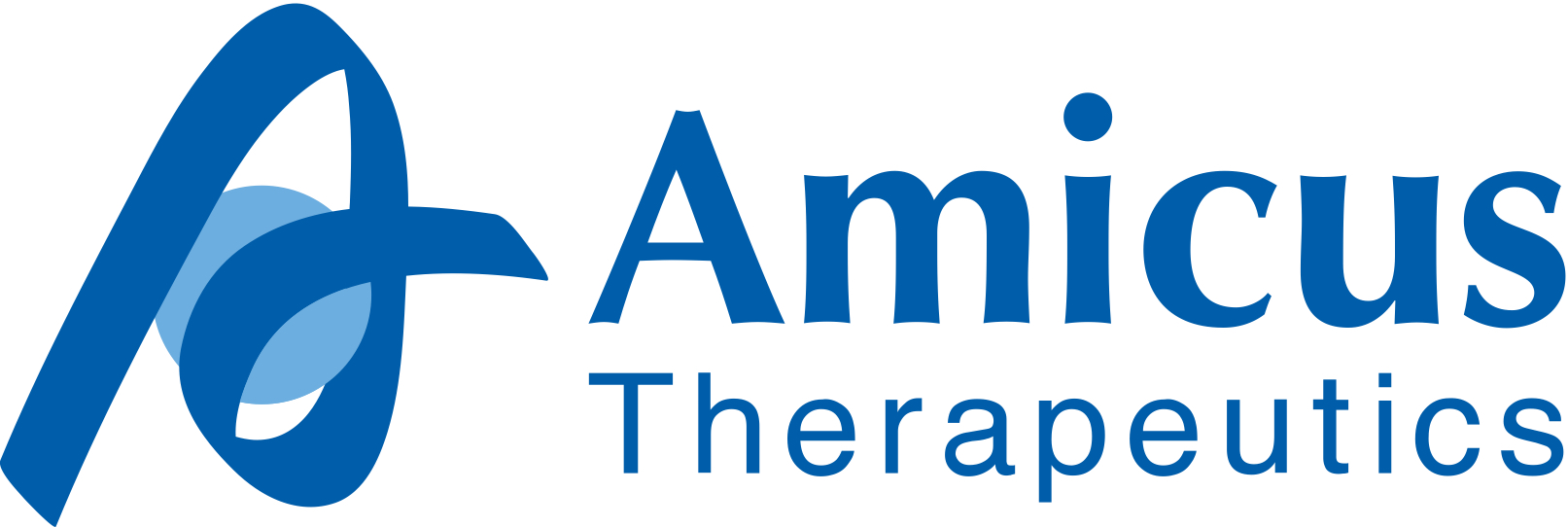
The investigational combination drug therapy ATB200/AT2221, under development by Amicus Therapeutics to treat Pompe disease (acid maltase deficiency or AMD) has received U.S. Food and Drug Administration (FDA) Orphan Drug Designation.
Amicus Therapeutics’ combination drug strategy pairs ATB200, a unique synthetic human acid alpha-glucosidase enzyme, with pharmacological chaperone AT2221, which helps protect the ATB200 drug until it gets to its target in the body.
Combination drug aims to improve upon existing therapy
Pompe disease is caused by a genetic deficiency of the acid maltase enzyme. This enzyme, also known as acid-alpha glucosidase, or GAA, normally helps the body break down and utilize glycogen, a stored form of sugar. When acid maltase is deficient, glycogen accumulates in muscle cells, causing weakness and muscle loss.
Since 2006, when the enzyme replacement therapy (ERT) Myozyme was approved by the FDA, there has been an available treatment for Pompe disease. Myozyme and Lumizyme are commercially available, intravenously administered ERT medications that replace the missing or deficient GAA enzyme. These laboratory-engineered enzymes have been effective in treating Pompe disease. However, they have been shown to unfold in the bloodstream, which not only limits their effectiveness but also can elicit an immune response against them, further limiting their ability to compensate for the missing GAA enzyme.
AT2221 is a pharmacological chaperone — a laboratory-engineered companion drug designed to keep the therapeutic GAA enzyme ATB200 stable and properly folded during enzyme replacement therapy, thereby increasing its effectiveness. Data from previous studies suggest that co-administration of the two drugs results in enhanced uptake and activity in muscle tissue of the replacement enzyme.
What this means for individuals and families
Orphan Drug Designation may help facilitate development of ATB200/AT2221 for the treatment of Pompe disease, as it provides incentives meant to encourage Amicus Therapeutics to develop and market it.
Amicus Therapeutics currently is conducting a phase 1-2 clinical trial to test the safety, tolerability, pharmacokinetics, pharmacodynamics and efficacy of the combination therapy in Pompe. (Pharmacodynamics refers to the effects the drug has on the body, while pharmacokinetics refers to how the drug is absorbed, distributed and metabolized in the body.) Results so far, reported by Amicus Therapeutics on Oct. 4, indicate that participants who have completed six or nine months of treatment with ATB200/AT2221 showed improvements in measures of motor function and strength, as well as in pulmonary (breathing) function. In addition, treatment with the combination drug was associated with reduced indications of muscle damage.
For more information about the trial, visit ClinicalTrials.gov and enter NCT02675465 in the search box.
What this means for Amicus Therapeutics
Orphan Drug Designation is important to companies, like Amicus Therapeutics, that are developing therapies because it makes them eligible for special incentives that have been put into place to encourage the development of treatments for rare disorders. In the U.S., a disorder is considered “rare” if it affects fewer than 200,000 individuals — and all the diseases under MDA’s umbrella are considered rare under this definition.
When a potential therapy receives this designation, the sponsor (i.e. the company who is seeking approval from the FDA) can benefit from incentives including reduced taxes, reduced or waived fees for filing with the FDA, and additional years of market exclusivity (when they are protected by law from competition), among others.
The purpose of the Orphan Drug Designation incentives is to encourage companies to work in the rare disease space where the high costs associated with developing a therapy are less likely to be recouped if the treatment is approved and marketed due to the small patient population that may be eligible to benefit from the therapy.
Because Pompe disease impacts fewer than 200,000 individuals in the U.S. and because the other Orphan Drug Designation requirements were satisfied by Amicus Therapeutics, this therapy will have the protections and benefits of Orphan Drug status.
